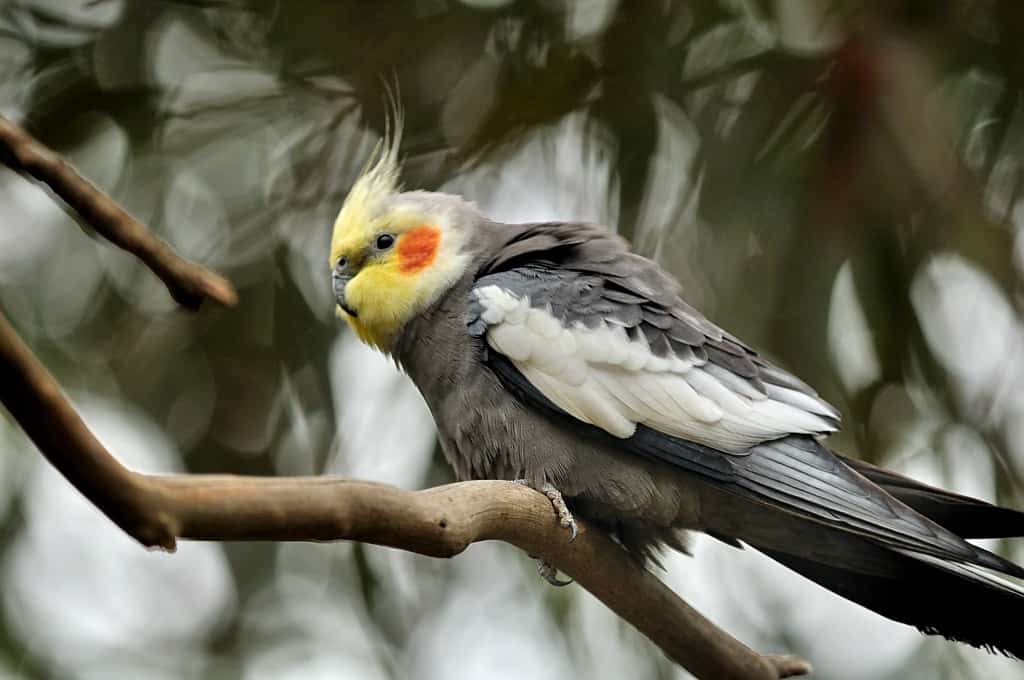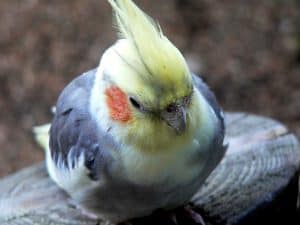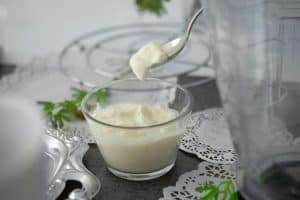Cockatiels are notorious for being messy eaters. They fling their food everywhere, and it seems like half of their pellets end up on the floor instead of in their mouths. So, do cockatiels need grit?
Do cockatiels need grit and why?
Grit is basically just a fancy term for sand. In the wild, cockatiels eat a lot of seeds and grains, which are hard to digest. The grit helps them grind up these foods, so they can extract all the nutrients from them. In captivity, cockatiels usually eat a diet of pellets and fresh vegetables, which are much easier to digest. So, do cockatiels still need grit?
The answer is yes and no. If your cockatiel is eating a balanced diet of pellets and fresh vegetables, then they probably don’t need grit. However, if your cockatiel is mostly eating seeds, then they will benefit from having grit available. Seeds are not as nutritionally dense as pellets and vegetables, so your cockatiel will need the extra help of grit to digest them properly.
If you’re not sure whether or not your cockatiel needs grit, it’s always better to err on the side of caution and provide it. Grit is cheap and easy to find, so there’s no harm in offering it to your cockatiel, even if they don’t end up using it.
Why Do Cockatiels Need Grit?
As we mentioned before, in the wild, cockatiels or wild birds would get their grit from eating dirt and sand alongside their seeds and fruits. This natural source of grit helps them with digestion by breaking down food in their crop—a small pouch at the base of their throat where food is stored before it enters the stomach.
Since most pet birds live indoors and don’t have access to that natural source of grit, it’s important to provide them with a commercial bird grit mix—one specifically designed for cockatiels—to help them with digestion.
Commercial bird grit mixes typically contain a variety of ingredients like an oyster shell, charcoal, finely ground granite, and sometimes even vitamin supplements. All of these ingredients work together to help your cockatiel digest its food properly.
Seed-eating birds, like cockatiels, need grit because they eat a lot of hulled seeds. Hulled seeds have a hard outer shell that protects the nutritious inner seed. In order to get to the good stuff, your cockatiel needs to crack open the hull, and that’s where grit comes in.
The grit will help your cockatiel grind up the seed hull so they can digest the inner seed. If they don’t have access to grit, they might not be able to properly digest their food, which can lead to health problems down the road.
How Much Grit Do Cockatiels Need?
If you’re offering grit to your cockatiel, you should make sure there’s enough for them to eat, but not so much that it fills up their crop and prevents them from eating their regular food.
A good rule of thumb is to offer about 1 tablespoon of grit per day for every 5 cockatiels. So, if you have one cockatiel, you would offer 1 teaspoon of grit per day. If you have two cockatiels, you would offer 2 teaspoons of grit per day, and so on..
Soluble grit such as limestone flour can be offered at a rate of 1 part grit to 10 parts of soft food such as mashed vegetables.
Too much grit can cause health problems for your cockatiel, so it’s important not to overdo it.
Fresh foods such as fruits and vegetables
Mash up some fresh fruits or vegetables and mix in a little bit of grit. You can offer this to your cockatiel once or twice a week as a treat, or you can use it to supplement their regular diet.
Types of grit
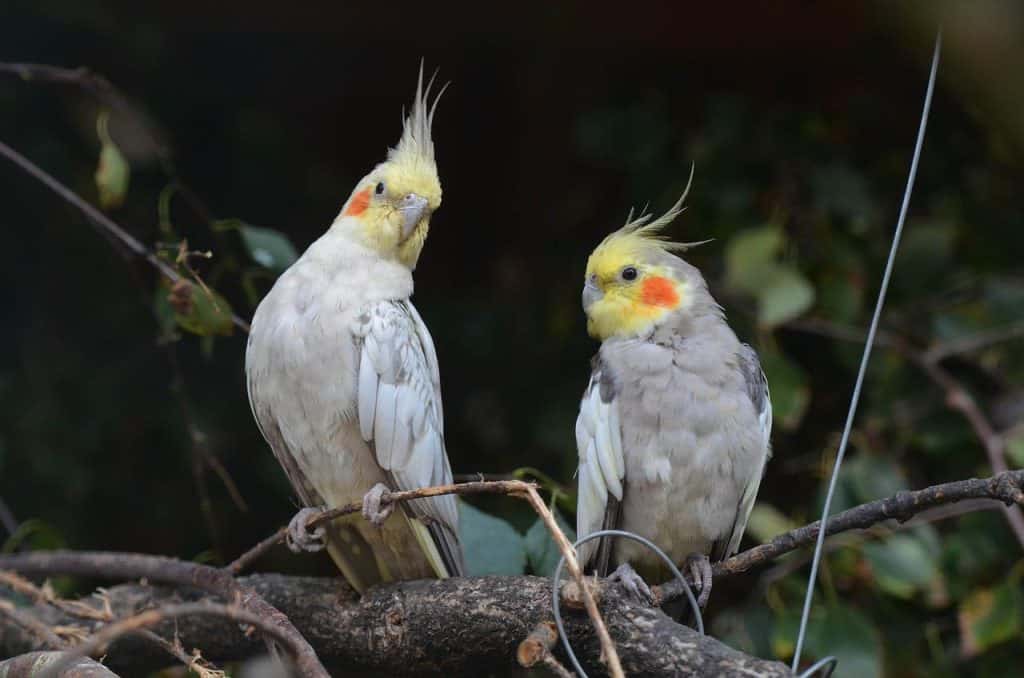
There are two main types of grit: insoluble and soluble.
Insoluble grit
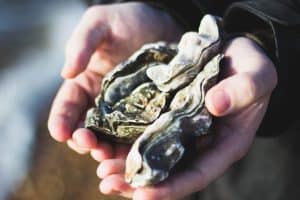
Insoluble grit is made up of hard materials like oyster shells, charcoal, and granite. This type of grit stays in the crop longer and helps your cockatiel grind up their food so they can extract all the nutrients from it.
Soluble grit
Soluble grit is made up of softer materials like limestone flour and diatomaceous earth. This type of grit dissolves quickly in the crop, providing your cockatiel with essential minerals and vitamins that help with digestion.
Which type of grit you should give to your cockatiel depends on their diet. If they’re eating a lot of seeds, you should offer them an insoluble grit, so they can grind up the hulls. If they’re eating softer foods like fruits and vegetables, you can offer them soluble grit to help with digestion.
Bird nutrition experts generally recommend offering a mix of both types of grit to your cockatiel to make sure they’re getting all the nutrients they need.
Where Can I Get Grit for My Cockatiel?
You can find commercial bird grit mixes at most pet stores. Make sure you get a mix specifically designed for cockatiels, as other bird grit mixes might not have the right ratio of ingredients for cockatiels.
You can also find grit online, or sometimes even at your local hardware store. Just make sure you get the right type of grit—you don’t want to give your cockatiel sand from the beach, as this can contain harmful bacteria.
- Package includes 2 pieces of different bird chewing toys,Natural Cuttlebone grass Loofah Sponge Dough Twist and Lava Block Beak Grinding Stone ,Provides natural calcium and minerals
- Parrot chewing toy made of porous mineral stone and derived from natural cuttlefish, rich of calcium for pet's health while grinding bird's beak, Safe and healthy to birds.easier to hang in multiple places, good decoration for parrot's cage
- Colorful beads between lava stones and the bell on the bottom attract parrot's attention, reduce loneliness, good for parrot's psychological wellness
- Parrot chew toys, cage climbing toys, bell parrot toys, bright color, shapes, for likes to gnaw bite parrots enjoy the release Mozui desire.
- We are committed to creating the best customer service of the bird chewing toys. If you are unsatisfied, contact us. You will receive a 100% refund and forever Promise.
When Should I Offer Grit to My Cockatiel?
You can offer grit to your cockatiel at any time, but it’s best to offer it around mealtimes so they can eat it along with their food. You can mix the grit in with their regular food, or you can put it in a separate dish for them to peck at as they please.
If you’re not sure whether your cockatiel needs grit, it’s always better to err on the side of caution and offer it to them. Grit is cheap and easy to find, so there’s no harm in offering it to your cockatiel, even if they don’t end up using it.
How to Provide Grit to Your Cockatiel?
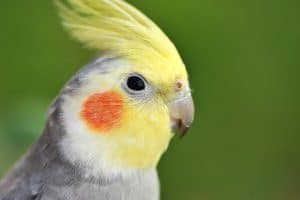
Now that you know why your cockatiel needs grit, you’re probably wondering how to go about providing it. Fortunately, it’s pretty easy to do. You can either sprinkle a bit of bird grit on your cockatiel’s food or put some in a dish near its food, so it can help itself as needed. If you go the latter route, just be sure to check the dish regularly and replenish the grit as needed, so your cockatiel always has access to it.
Different foods will require different types of grit. For example, if your cockatiel is eating a lot of seeds, you’ll want to give them insoluble grit so they can properly digest the hulls. If, on the other hand, fruits and vegetables make up the bulk of their diet, soluble grit will be more beneficial since it will help with digestion.
Do cockatiels need grit?
Grit is an important part of a cockatiel’s diet, as it helps them grind up their food and extract all the nutrients from it. If you’re not sure whether your cockatiel needs grit, it’s always better to offer it to them, just in case. You can find commercial bird grit mixes at most pet stores, or you can make your own mix at home. Just be sure to offer it to your cockatiel around mealtimes, so they can eat it along with their food.
Other suggested articles:
